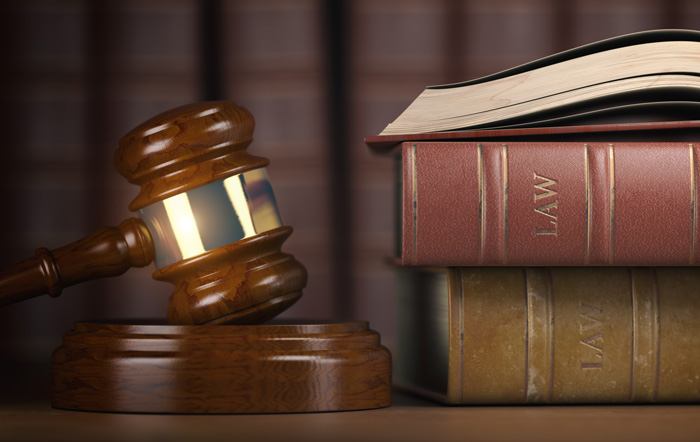C riminal Law
Criminal law concerns the system of legal rules that define what conduct is classified as a crime and how the government may prosecute individuals that commit crimes. Federal, state, and local governments all have penal codes that explain the specific crimes that they prohibit and the punishments that criminals may face. Individuals who violate federal, state, and local laws may face fines, probation, or incarceration. Lawsuits against criminals are initiated by prosecuting attorneys who act on behalf of the government to enforce the law.
Business Law Skill
Real Estate Law
Insurance Defense
More Details About Gun Crimes
- Simple possession of an unlicensed firearm
- Possession of an assault weapon
- Possession of a large capacity ammunition feeding device
- Criminal Possession of a Firearm
- Sale of firearms
Specializing Attorneys on this Area
Questions and Answers ?
The police must read the Miranda warnings before they interrogate someone who is in custody. Whether a custodial interrogation is occurring depends on the specific circumstances.
Search and seizure rules apply when law enforcement conducts a search that invades a citizen’s legitimate expectation of privacy. The expectation must be objectively reasonable in the situation.
Very few criminal cases go to trial. Over 90 percent of all cases result in a plea bargain, in which the defendant pleads guilty or no contest in exchange for a lesser charge or lighter sentence.
In some states, law enforcement will eliminate an arrest from an individual’s record automatically if they are not charged. Otherwise, you may need to petition for a finding of factual innocence.
Free Consultation
[contact-form-7 404 "Not Found"]



